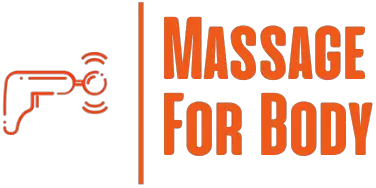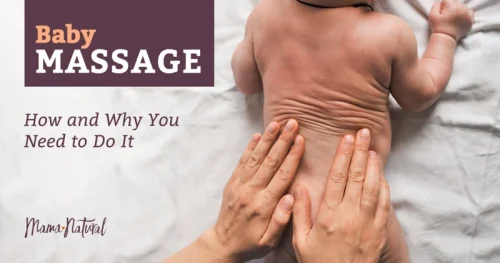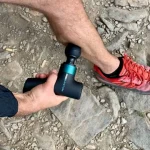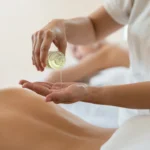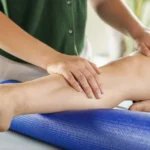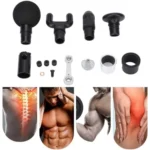For new parents, the question of when to begin baby massage after birth is an important one. Massage can be beneficial for both babies and new parents, providing both physical and emotional benefits. It can help to ease colic, improve sleep, and promote relaxation. This essential guide will help parents understand when the right time is to start baby massage after birth, as well as the techniques and safety considerations to keep in mind.
Benefits of Massage for Newborns
Newborn massage can be beneficial for both baby and parents. It helps reduce stress and supports the baby to get comfortable in their environment, while also helping to build a connection between the parent and baby.
Development: Massage helps with the development of baby’s physical and mental health, aiding in relaxation and helping to regulate the baby’s sleep-wake cycle. It can help the baby to gain muscle tone and strength and can even help to reduce the risk of flat spots on the head.
Bonding: Massage is a wonderful way to bond with your baby and helps to create a deep connection between the two of you. It can also be a great way for grandparents and other close family members to bond with the baby.
Colic and Constipation: Massage can help to reduce colic and constipation in babies by gently stimulating their digestive system and helping them to pass gas and stools more easily.
When can we start oil massage for newborn? It is best to wait until the baby is at least 4 weeks old before starting any type of oil massage. Before that you can give your baby a gentle massage with your hands.
Newborn massage can be a great way to help your baby relax and bond with you, while also promoting their development and aiding in digestive issues. With gentle, regular massage, you can help to nurture your baby’s wellbeing and start them on the path to a lifetime of good health.
When to Start Baby Massage After Birth

It is best to wait until your baby is around 4-6 weeks old before beginning to massage them. This is because it is important to ensure your baby’s body is developing properly and they are able to properly digest and absorb nutrients before introducing massage. Additionally, you should wait until your baby has developed strong neck and head control before beginning massage.
It is important to note that newborns may not be ready for a full massage session, but parents can still introduce simple massage techniques such as light strokes, kneading, gentle tapping, and rubbing the feet and hands.
When introducing massage to your baby, it is important to start slowly and gently. This will help your baby adjust to the new sensation and feel more comfortable during the massage. As your baby grows, you can gradually increase the massage session length and intensity.
You should also monitor your baby for signs of discomfort during the massage. If your baby does not seem to be enjoying the massage, stop immediately and try again at a later time.
When it comes to when to stop baby massage, there is no right or wrong answer. Every baby is different and will grow and develop at their own pace. As your baby gets older, they may no longer want to be massaged or they may want a longer session. Ultimately, you should listen to your baby and adjust the massage accordingly.
When Can We Start Oil Massage for Newborns
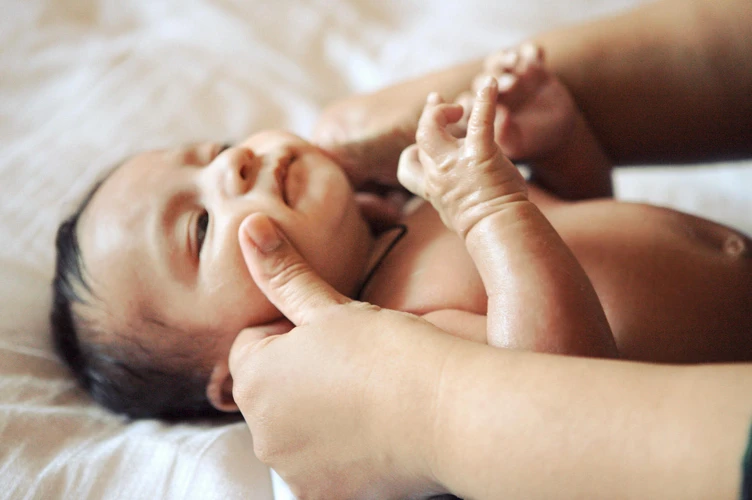
It is generally safe to begin oil massage for newborns within two weeks of their birth, provided certain precautions are taken. The baby’s skin should be cleaned and dried thoroughly before the massage, and the oil should be warmed up before it is applied to the skin. It is also important to use oils specifically formulated for babies, as these will be free from any potentially irritating chemicals or fragrances. The oil should also be applied gently, with circular strokes, to ensure that it is not too heavy or uncomfortable for the baby.
How Often to Massage Baby
Newborns can be massaged once or twice a day, for around 10 minutes each time. As the baby grows older, the massage can be extended to 15 minutes or more. However, it is important to avoid overstimulating the baby, so it is best to stop the massage if the baby becomes fussy or uncomfortable.
Tips for New Parents

- Choose the right oil: Use a natural oil such as almond or coconut oil. Avoid scented oils or lotions as they can irritate your baby’s delicate skin.
- Be gentle: Take your time when massaging your baby and be gentle with your touch. Use light strokes, avoid any vigorous movements and always be aware of your baby’s comfort.
- Pay attention to your baby’s cues: Babies communicate to you through their body language and cues. Pay attention to your baby’s responses and stop the massage if your baby is uncomfortable.
- Know your baby’s skin: Your baby’s skin is delicate and sensitive. It is important to be aware of any skin conditions your baby may have, such as eczema, and use the appropriate oil for your baby’s skin.
- Be consistent: Massage can be a great bonding experience for you and your baby. Try to keep a consistent routine and massage your baby at least twice a week.
How Often to Massage Baby
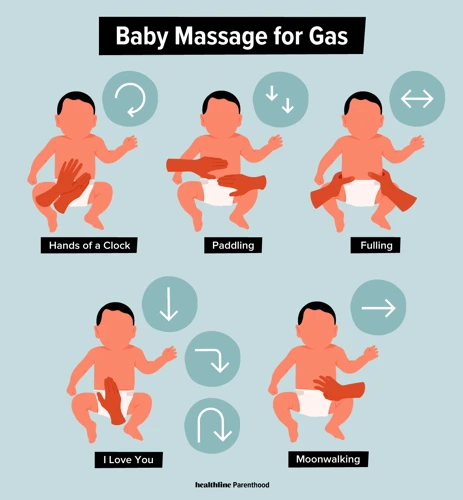
It is recommended to massage your baby at least once a day, although you can do it more often if you’d like. Depending on your baby’s age, you can adjust the duration of the massage to be shorter or longer. For newborns, a massage of about 10 to 15 minutes should suffice, while older babies may benefit from a massage of up to 30 minutes.
When massaging your baby, it is important to pay attention to their cues. It is best to stop massaging your baby if they seem uncomfortable or if they start to cry. This is because massage is meant to be a calming and enjoyable activity, and not one that causes distress.
You can also adjust the intensity of your massage. Light, gentle strokes are best for newborns, while more vigorous strokes may be appropriate as your baby grows. In any case, it is important to be mindful of your baby’s reactions and adjust your massage accordingly.
Finally, it is important to create a relaxing atmosphere for your baby. Make sure the room is comfortable and warm, and play some soothing music or white noise to help your baby relax. You should also use a baby-safe massage oil for the massage, as this will help the massage strokes glide more smoothly.
What Age to Stop Baby Massage
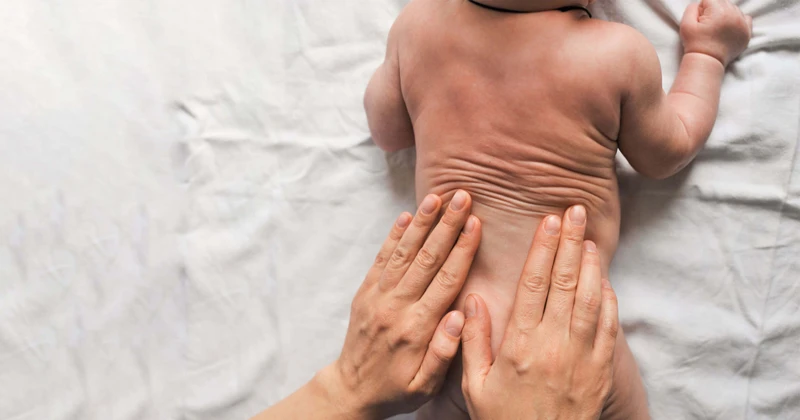
The age to stop baby massage depends on the individual child. Generally, the massage can be discontinued when the child is able to move around and explore their environment.
- Once your baby starts to crawl or walk, they may begin to find the massage uncomfortable or distracting.
- Once babies reach toddler age and begin to communicate their needs and wants more effectively, they may opt for less physical contact or become more active during the massage.
- Once children start school, the massage can be discontinued as the child is likely to be less interested in physical contact with their parents.
It’s important to pay attention to your child’s cues to determine when they are no longer interested in massage. If they start to move away, resist or cry during the massage, it’s likely time to stop.
Tips for Massaging Your Baby
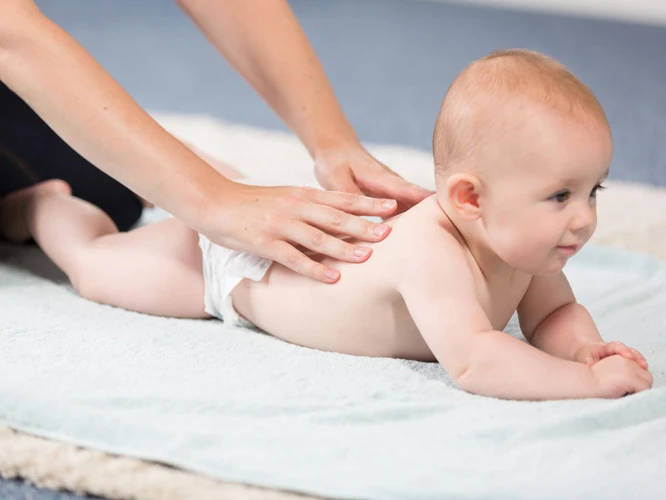
- Use a gentle touch. Your baby’s skin is delicate, so use gentle, slow strokes when massaging her body. Avoid applying too much pressure and always be careful not to pinch or pull the skin.
- Start with the feet. When massaging your baby, start at the feet and work your way up to the head. This helps your baby to relax and settle down.
- Warm up the oil. Before you begin the massage, warm up the oil slightly. This will help make the massage more comfortable for your baby.
- Use circular motions. When massaging your baby, use circular motions rather than firm strokes to avoid irritating her delicate skin.
- Keep it short. A baby massage should not last longer than 10 minutes. Too much massage can be overwhelming for your baby and may cause her to become irritable.
- Be aware of your baby’s cues. As you massage your baby, pay attention to her cues. If she seems uncomfortable, stop the massage and wait until she is ready before starting again.
Possible Risks of Massaging Your Baby
- Inappropriate Pressure: Too much pressure can cause discomfort, pain and bruising. Use gentle, light strokes and be mindful of your baby’s reaction. If your baby fusses, stops or cries, adjust your pressure accordingly.
- Allergic Reaction: It is important to be aware of any potential allergies when selecting massage oils and lotions. If you notice any skin irritation or a rash, stop the massage and consult your healthcare provider.
- Bacterial or Viral Infection: If your hands or the massage oil is contaminated with bacteria or viruses, it can be passed on to your baby. Always wash your hands before and after a massage, and ensure you are using clean, fresh massage oils.
- Risk of Injury: Massage can cause some minor injuries, such as bruising, if done too vigorously. It is important to be gentle and mindful of your baby’s reactions.
Frequently Asked Questions
How often should I massage my baby?
It is recommended to massage your baby once or twice a day. Start by introducing a short massage session of 5-10 minutes, and gradually increase the duration as your baby gets more accustomed to the massage. Make sure not to over massage your baby, as this can cause discomfort. If your baby seems to be uncomfortable, stop the massage and wait until they are calm before continuing.
Is it Safe to Massage My Baby After Birth?
Yes, it is safe to massage your baby after birth. It is a beneficial practice for both baby and parent, helping to strengthen the bond between them and improve baby’s overall physical and emotional well-being. It is important to be mindful of the newborn’s delicate skin and fragile bones, using gentle movements and light pressure. It is also important to ensure the massage is done in a warm, comfortable environment and that you have clean hands and a suitable oil or lotion.
Are There Any Techniques I Should Avoid?
- Avoid heavy pressure: Always use gentle movements and strokes, never press or rub too hard.
- Avoid extremely hot oils: Baby skin can be sensitive to extreme temperatures so make sure to test the oil on your own skin before using it on your baby.
- Avoid using too much oil: Using too much oil can leave your baby feeling greasy.
- Avoid massaging over diaper area: Diapers can be too restrictive and uncomfortable for a massage.
What Types of Oils are Best for Baby Massage?
When it comes to baby massage, oil is essential for lubrication and to avoid skin irritation. It should be mild and natural to protect baby’s delicate skin. Here are some of the best oils for baby massage:
- Coconut Oil – Coconut oil is light, non-greasy and absorbs quickly into the skin. It is also rich in vitamin E and lauric acid, which has anti-bacterial, anti-viral, and anti-fungal properties.
- Almond Oil – Almond oil is light and mild, with a pleasing scent. It is rich in vitamin E and is easily absorbed into the skin.
- Olive Oil – Olive oil is a great choice for baby massage, as it is rich in antioxidants and is non-allergenic. It is also a great moisturizer.
- Grapeseed Oil – Grapeseed oil is light, non-greasy, and absorbs quickly into the skin. It is also rich in essential fatty acids and vitamins C, D, and E. It is also great for moisturizing the skin.
- jojoba Oil – Jojoba oil is very similar to the natural oils found on baby’s skin, making it an ideal choice for baby massage. It is light, non-greasy, and easily absorbed into the skin.
- Avocado Oil – Avocado oil is very nourishing and is a great choice for baby massage. It is rich in vitamin E, essential fatty acids, and antioxidants.
It is best to test the oil on your baby’s skin before using it for massage. To be safe, you should also consult your doctor before beginning a baby massage routine.
Is There Any Benefit to Massaging My Baby?
- Improves sleep: A massage can help relax your baby, making it easier for them to drift off to sleep. This can be especially helpful for babies who are having difficulty settling down.
- Reduces stress: Massaging your baby can help reduce stress, allowing them to relax and be more comfortable in their environment. This can help alleviate fussiness and crying.
- Strengthens the bond: Massaging your baby can help you develop a stronger bond with them, as it encourages physical contact and helps establish trust.
- Boosts immune system: Regular baby massages can help strengthen your baby’s immune system, as it increases the circulation of oxygen and nutrients throughout their body.
- Improves digestion: Massaging your baby’s tummy can help improve digestion and relieve any digestive discomfort they may be experiencing.
Conclusion
Baby massage can provide many benefits for newborns and parents alike. It can be started as soon as the baby is ready, usually after the first week of life. Parents should always ensure they feel comfortable and confident with the massage techniques they are using and should seek professional guidance if they are unsure. Massage should be done in a quiet and comfortable environment and should be adapted to the baby’s individual needs. With proper guidance, baby massage can be a wonderful way to bond with your newborn and provide many positive benefits.
📚 References
⚠️ Disclaimer:
This article is for informational purposes only and does not constitute medical advice. Always consult with a licensed healthcare provider or certified massage therapist before beginning any new treatment, especially if you have pre-existing health conditions or concerns.
